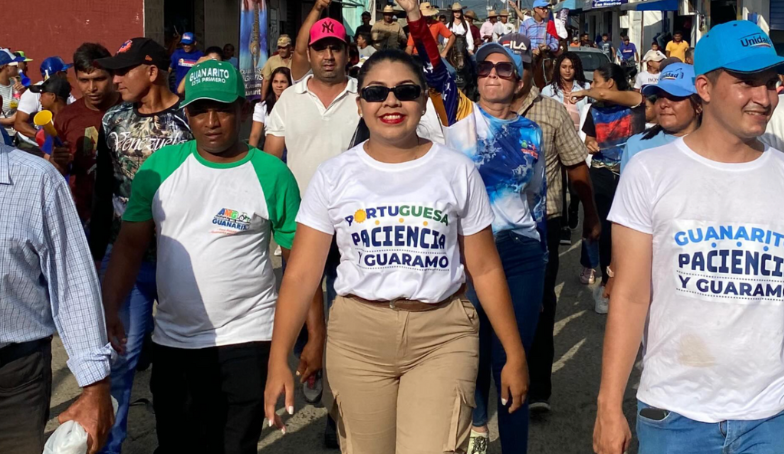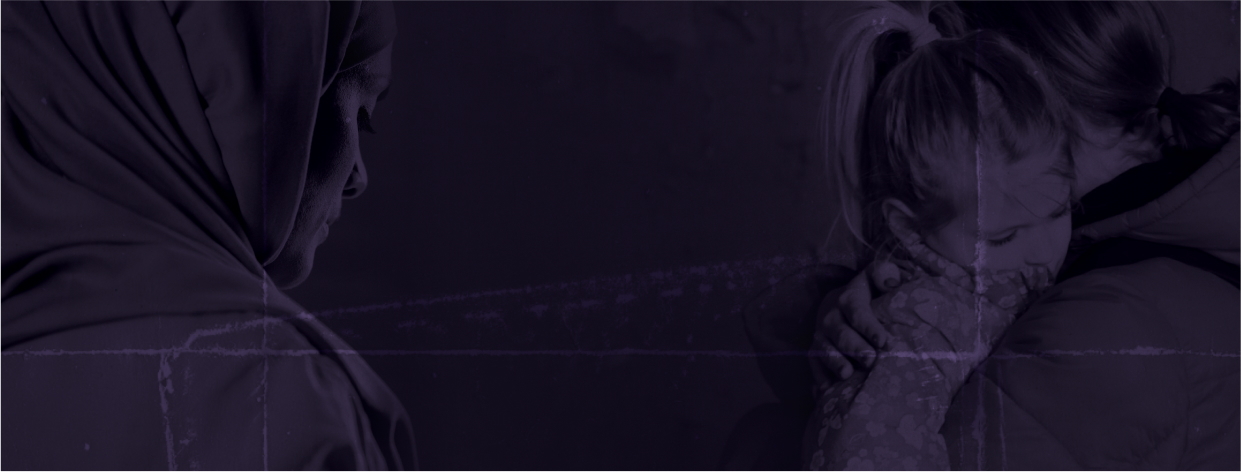Four months ago, a Venezuelan lawyer and activist live-streamed her own abduction.
As part of Operacion Tun Tun (or “Operation Knock Knock”), heavily armed agents of Venezuela’s General Directorate of Military Counterintelligence stormed María Oropeza’s home in Portuguesa, Venezuela, at 9:30 p.m. on August 6.
“I’m asking you, where is the search warrant?” she says in the clip, now circulated widely on Instagram. “I don’t understand why you do this to me. I am not a criminal, and you know it.”
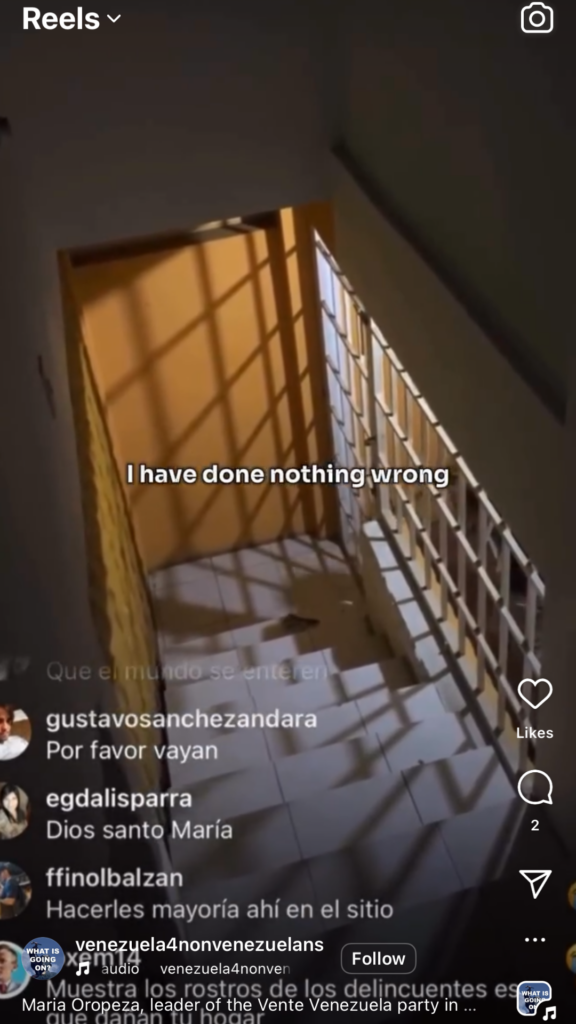
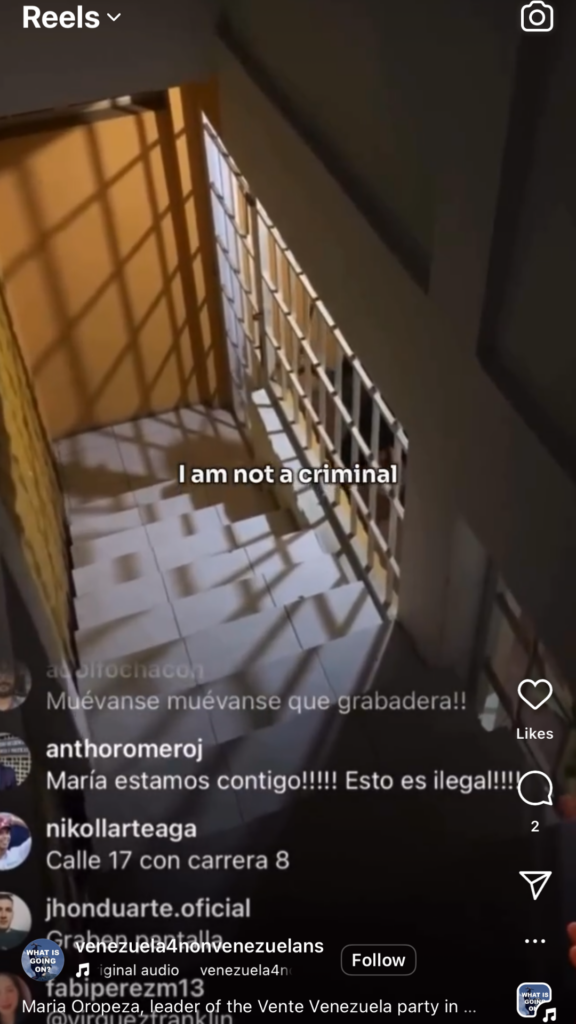
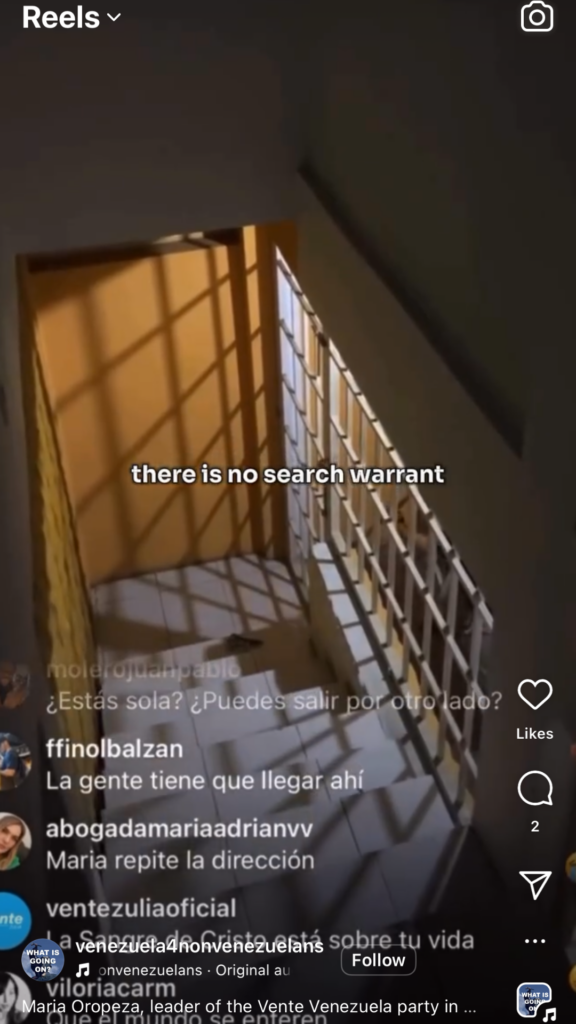
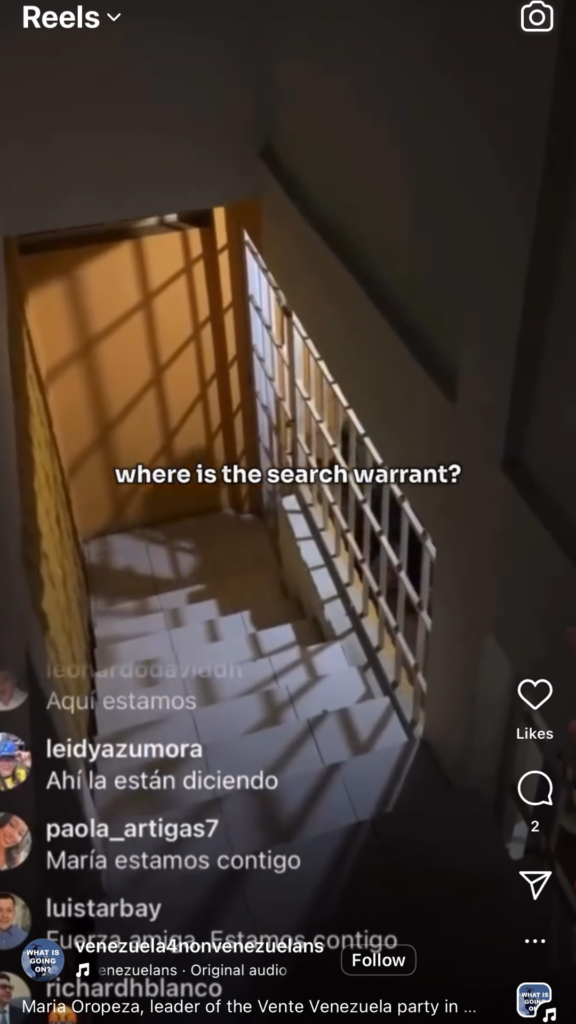
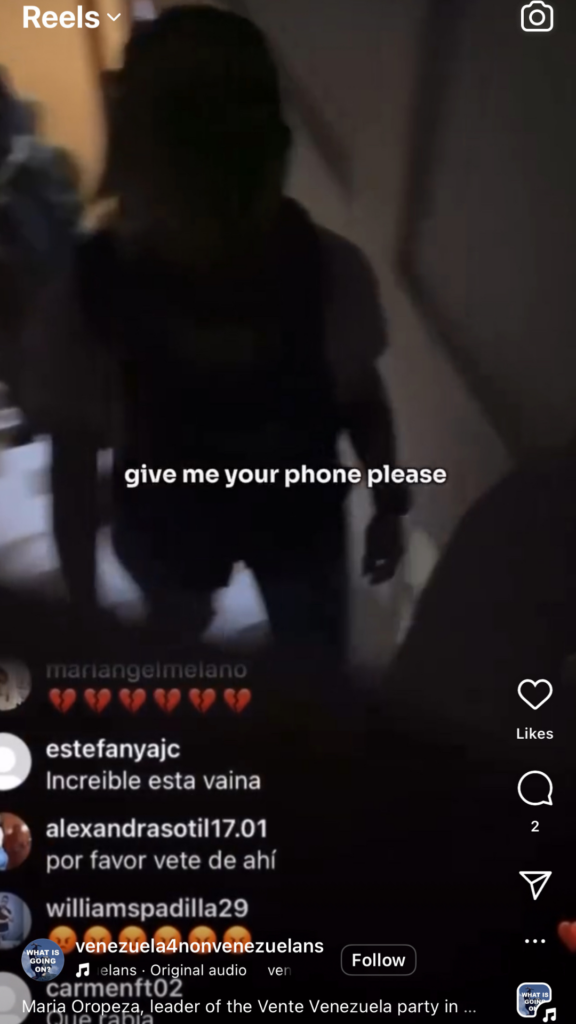
As the agents entered her home, she said, “There is no search warrant, but they are destroying the door. I really ask for help to everyone I can. I have done nothing wrong. I am not a criminal. I am just a citizen who wants a different country. I am protected by God and the Virgin [Mary].”
According to sources close to María who spoke with Reason Magazine, unique tactics were employed by the Venezuelan state in her capture: the street was shut down by security forces before her arrest, ensuring that no one could come to her aid or hear her cries for help.
“Picture this,” Izabela Patriota, director of development at Ladies of Liberty Alliance and personal friend of María, told IW Features. “A young, beautiful, smart woman, kidnapped in the middle of the night. A 30-year-old woman, hopeless and helpless, seeing men armed with machine guns, coming to take her somewhere unknown. We only knew her whereabouts after 30 hours.”
María’s activism began when she was just 17-years-old, when she co-founded a political party in her hometown. María has since become a key figure in Venezuelan opposition politics, serving as the regional coordinator for Vente Venezuela, a party led by María Corina Machando. She is also the Ladies of Liberty Alliance Chapter Leader for LOLA Portuguesa, a global network of libertarian women dedicated to promoting the principles of individual liberty and free markets.
This past year, María actively campaigned for Edmundo Gonzalez, whom the U.S. government has recognized as Venezuela’s duly elected president. Gonzalez has been prevented from taking office by Nicolás Maduro’s regime.
María’s work extended beyond Venezuela’s borders as she represented Venezuela at international events in countries including the U.S., Poland, and across Latin America. Her efforts to expose the Maduro regime’s human rights abuses, along with her public denouncement of its oppressive tactics, made her a significant threat to Maduro’s government following the disputed July 28 presidential election.
“She was not silent about what was happening in Venezuela,” Luisanny Oropeza, María’s younger sister, told IW Features. “And she didn’t fear the consequences.”
Patriota agreed: “She was a threat because she had no fear.”
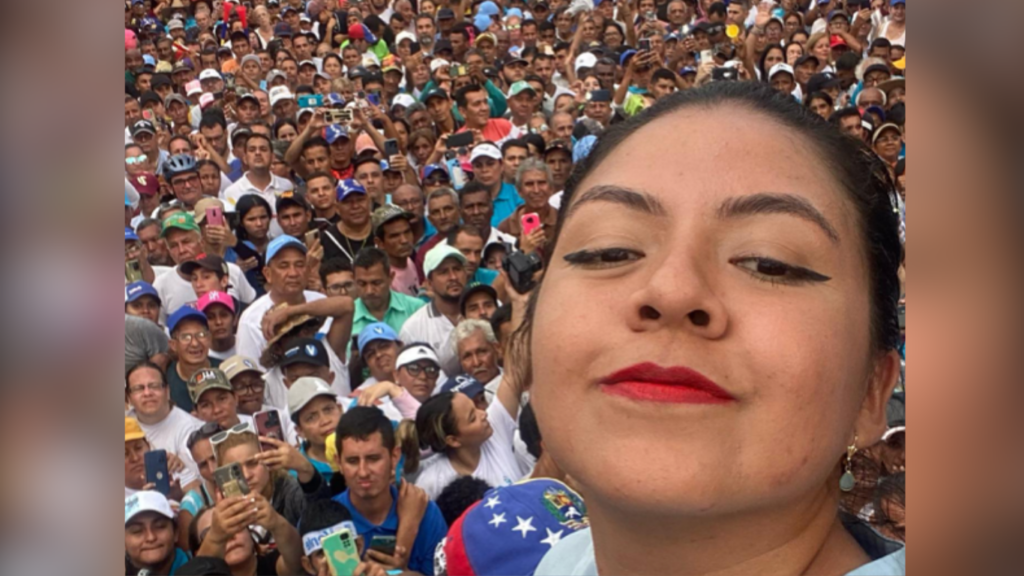
María’s boldness painted a target on her back and ultimately led to her arrest. The ordeal sent shockwaves through María’s family, Luisanny recalled.
“I was the last to find out,” Luisanny said, explaining that her phone had been off because she had been working. When she finally turned it on, her inbox was flooded with frantic messages from friends and relatives.
The Oropeza family immediately tried to locate María but found little support from their community.
“Most people were too scared to help. They were afraid they’d end up like María, abducted by the government,” Luisanny said. “I had no idea what to do.”
Their fears weren’t unfounded. Maduro’s intimidation operations are widespread. Organizations such as Foro Penal and Justicia, Encuentro y Perdon estimate that between 286 and 319 people are being held hostage in Venezuela. According to Foro Penal, there have been approximately 15,700 arbitrary detentions of political dissidents between 2014 and 2023, with an additional 2,229 arrested in the week after Maduro stole this year’s presidential election.
The Maduro government’s repression extends beyond arrests. It has weaponized technology to foster distrust within communities, deploying an app that encourages citizens to report their neighbors’ activities. The regime has also reportedly blocked the passports of dissidents, preventing them from leaving the country. Many have been arrested at the airport while attempting to flee.
Following María’s arrest, the Maduro regime escalated its campaign of intimidation and psychological warfare. The Directorate General of Military Counterintelligence (DGCIM) released a chilling video on social media, edited from Oropeza’s livestream. Set to the eerie soundtrack of “A Nightmare on Elm Street,” which features the taunting lyrics, “One, two, Freddy’s coming for you,” the video appeared designed to mock María and instill fear in the Venezuelan public. Human rights organizations swiftly condemned the video as a blatant attempt to terrorize citizens and silence dissent.
Shortly after María’s arrest, her mother left her job in Portuguesa and moved to Caracas to search for her daughter. It wasn’t until weeks later that they learned María was being held in El Helicoide, a notorious detention center in Caracas known for housing political prisoners under inhumane conditions. María has been allowed only three visits from her mother, each lasting two hours and closely monitored by guards.
“There’s always an officer present, and the room is surrounded by surveillance,” Luisanny explained.
In response to María’s detainment, the Ladies of Liberty Alliance has taken swift action to bring international attention to her case. On August 8, the organization filed a complaint with the Inter-American Commission on Human Rights (IACHR), seeking precautionary measures for her release. On August 10, IACHR issued Resolution 46/2024, granting precautionary measures to María, whose rights it found to be at grave and urgent risk of suffering irreparable harm.
“We are also hosting monthly events every time the monthly anniversary [of Oropeza’s arrest] arrives,” Patriota said. “On the sixth of every month, we hold protests — some in front of the Venezuelan embassies where we have active chapter leaders. Others in Warsaw, Poland. Some in Brazil, and in Canada. Even in front of the White House.”
María’s trial date has not yet been determined. In fact, no formal charges have yet been levied against María, though activists fear she may be accused of terrorism, a charge already used against at least four Venezuelan journalists since the fraudulent election. If charged, she will be denied the right to choose her lawyer, instead forced to use regime-appointed representation.
If convicted, María could face decades in prison under inhumane conditions. Women held in El Helicoide have recounted being subjected to physical abuse, sexual violence, and psychological torture by guards and interrogators.
These abuses are an endemic problem within Venezuela’s detention facilities, where systemic violence against prisoners — especially women — is used as a tool of repression. Human rights advocates have reported cases of detainees being assaulted during interrogations or threatened with sexual violence to coerce confessions or compliance. For many survivors, the trauma of these experiences is compounded by the lack of accountability; the perpetrators act with impunity, shielded by the regime’s control over the judiciary.
This year, while her sister sat in prison, Luisanny attended the Atlas Network Liberty Forum to speak up in her place.
“María is brave, and honest in all she does,” she said. “Anything she does, she does with love, not only for her family but for her country. For all of the people facing injustice in Venezuela.”
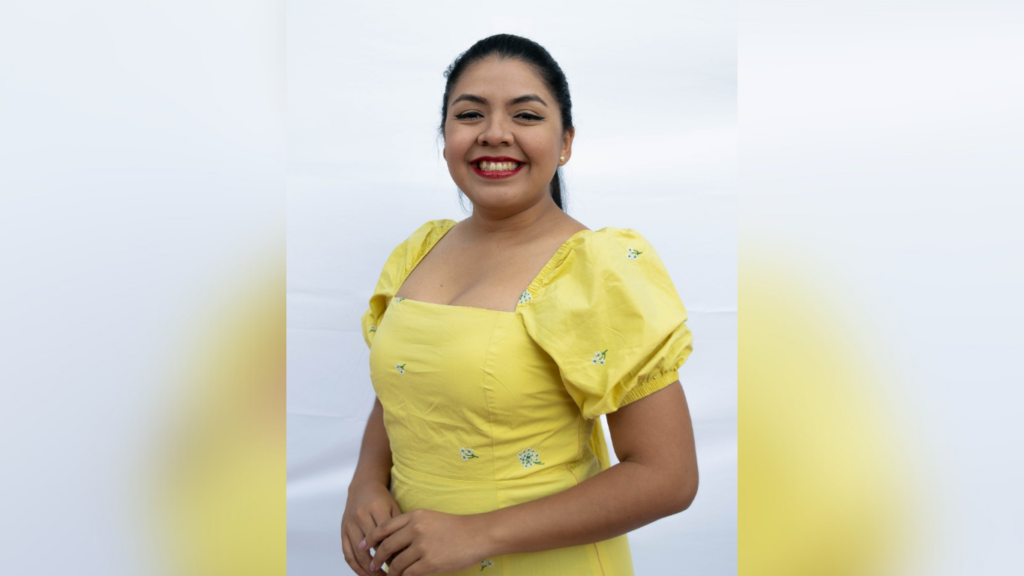
The Oropeza family have erected small altars in their home where people come to pray on Friday nights. In her prayers, Luisanny keeps her sister’s favorite word, “paciencia,” which means “patience,” near her heart.
“María always said that if she needed to be arrested in order for this regime to fall, or for change to happen, then that’s what she would do,” Luisanny said. “Be patient, and trust God.”

